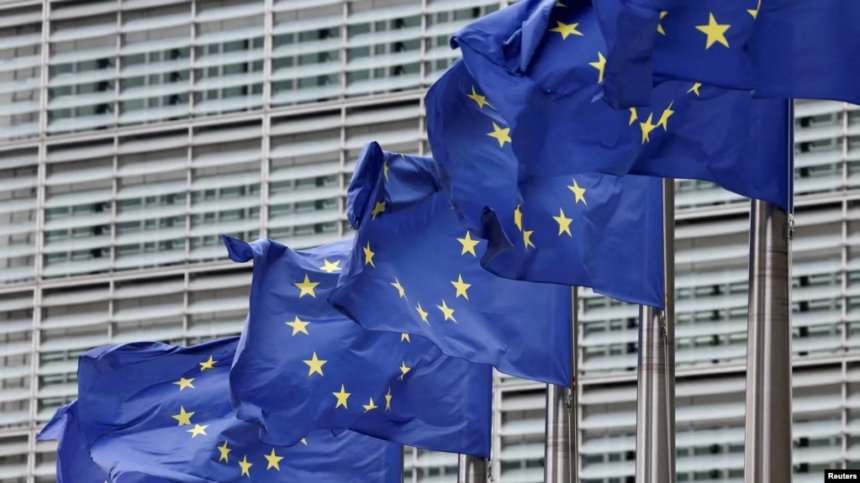The European Union confirmed on Monday that it has reimposed comprehensive sanctions on Iran over its nuclear program, following the United Nations’ decision to restore its punitive measures.
The move comes after Western powers triggered the so-called “snapback” mechanism, outlined in the 2015 nuclear deal, which had previously lifted sanctions on Tehran.
The renewed EU sanctions mirror UN measures that prohibit cooperation with Iran’s nuclear and ballistic missile activities. However, the EU went further, extending restrictions to include financial sanctions, such as the freezing of assets belonging to Iran’s central bank.
Tehran has condemned the decision, calling the UN’s reimposed sanctions “unjustified”.
Economic and Political Impact
Analysts warn that the renewed sanctions will place additional pressure on Iran’s struggling economy, already weakened by years of restrictions, inflation, and currency depreciation. The rial is expected to face further losses.
Despite the hardening measures, Western leaders have stressed that diplomatic channels remain open.
EU foreign policy chief Kaja Kallas stated on Sunday:
“The reintroduction of sanctions must not be the end of diplomacy.”
UN and E3 Position
The United Nations officially reinstated sanctions at midnight on September 28, escalating global pressure on Iran.
The E3 group — the United Kingdom, France, and Germany — announced the sanctions simultaneously and warned Tehran against any “escalatory steps” in response. They urged Iran to return to negotiations, especially with the United States, to avoid further confrontation.







